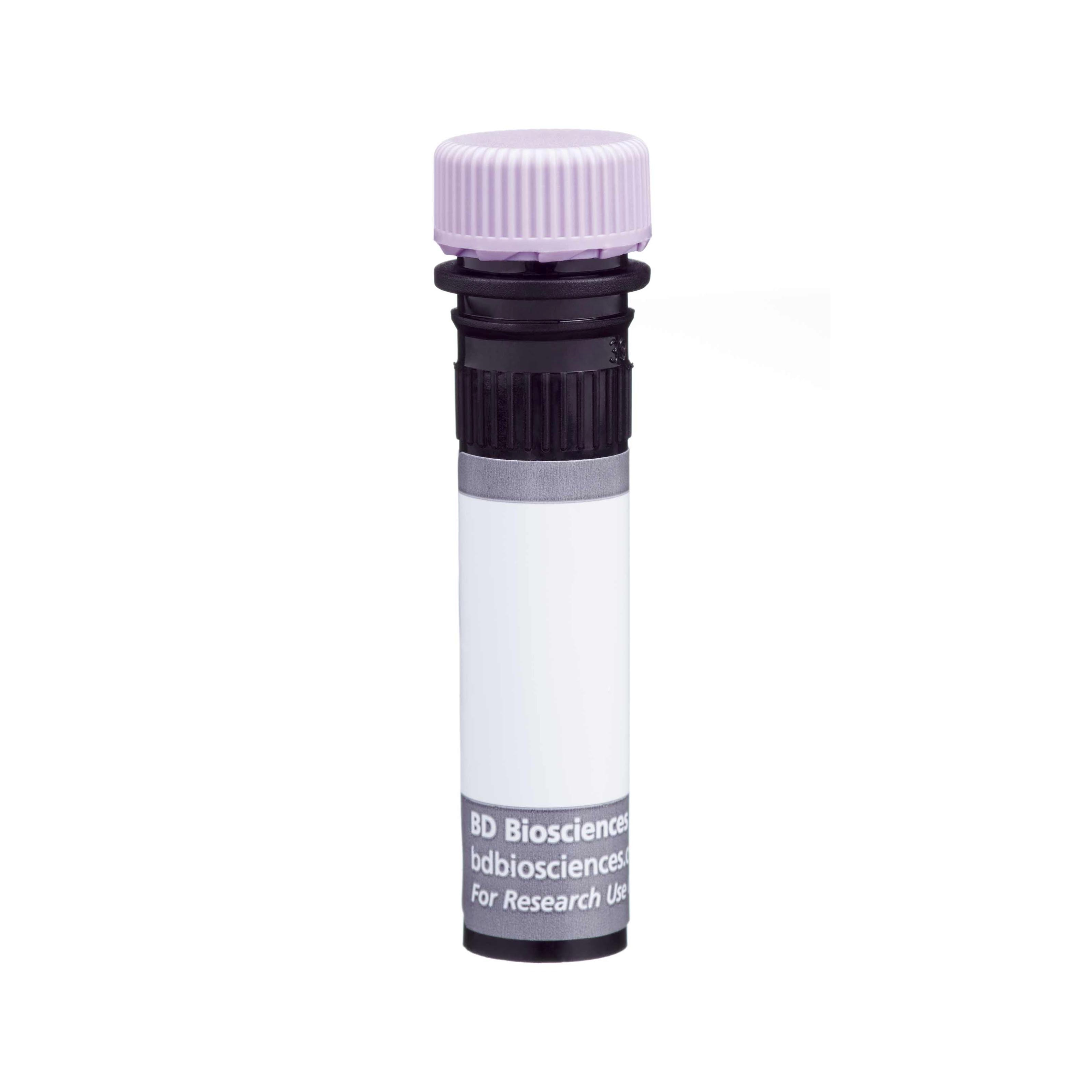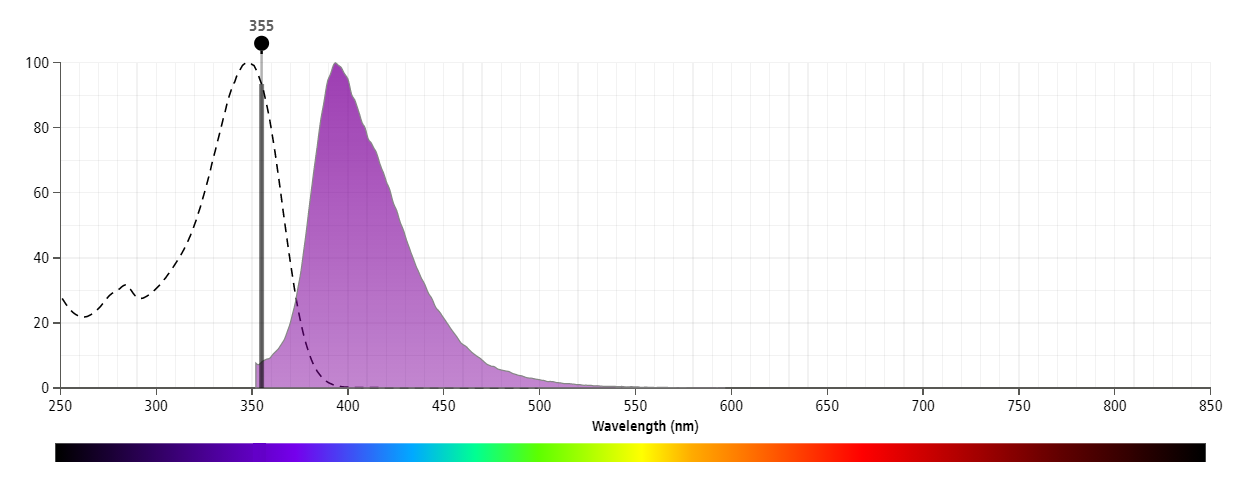Old Browser
This page has been recently translated and is available in French now.
Looks like you're visiting us from {countryName}.
Would you like to stay on the current country site or be switched to your country?




Multiparameter flow cytometric analysis using BD OptiBuild™ BUV395 Mouse Anti-Human CD28 antibody (Cat. No. 742531) on human peripheral blood. Flow cytometry was performed using a BD LSRFortessa™ X-20 Flow Cytometer System.


BD OptiBuild™ BUV395 Mouse Anti-Human CD28

Regulatory Status Legend
Any use of products other than the permitted use without the express written authorization of Becton, Dickinson and Company is strictly prohibited.
Preparation And Storage
Recommended Assay Procedures
For optimal and reproducible results, BD Horizon Brilliant Stain Buffer should be used anytime two or more BD Horizon Brilliant dyes (including BD OptiBuild Brilliant reagents) are used in the same experiment. Fluorescent dye interactions may cause staining artifacts which may affect data interpretation. The BD Horizon Brilliant Stain Buffer was designed to minimize these interactions. More information can be found in the Technical Data Sheet of the BD Horizon Brilliant Stain Buffer (Cat. No. 563794).
Product Notices
- This antibody was developed for use in flow cytometry.
- The production process underwent stringent testing and validation to assure that it generates a high-quality conjugate with consistent performance and specific binding activity. However, verification testing has not been performed on all conjugate lots.
- Researchers should determine the optimal concentration of this reagent for their individual applications.
- An isotype control should be used at the same concentration as the antibody of interest.
- Caution: Sodium azide yields highly toxic hydrazoic acid under acidic conditions. Dilute azide compounds in running water before discarding to avoid accumulation of potentially explosive deposits in plumbing.
- For fluorochrome spectra and suitable instrument settings, please refer to our Multicolor Flow Cytometry web page at www.bdbiosciences.com/colors.
- Please refer to www.bdbiosciences.com/us/s/resources for technical protocols.
- BD Horizon Brilliant Stain Buffer is covered by one or more of the following US patents: 8,110,673; 8,158,444; 8,575,303; 8,354,239.
- BD Horizon Brilliant Ultraviolet 395 is covered by one or more of the following US patents: 8,158,444; 8,575,303; 8,354,239.
Companion Products






The L293 monoclonal antibody specifically binds to CD28 which is also known as Tp44 or T44. The CD28 antigen is a 44 kDa homodimeric type I transmembrane glycoprotein which is present on most mature T cells, thymocytes, and plasma cells. CD28 is a cell-adhesion molecule (CAM) that functions as a receptor for CD80 (B7-1) and CD86 (B7-2) antigens, which are present on activated B lymphocytes, monocytes, and dendritic cells. Interaction of the CD28 antigen with CD80 or CD86 antigens, or both, co-stimulates CD2 and CD3 antigen/T-cell antigen receptor (TCR)-dependent T-cell-mediated proliferation and cytotoxicity. The L293 antibody has been demonstrated to bind to the same molecule as clone CD28.2, another CD28-specific antibody.
The antibody was conjugated to BD Horizon™ BUV395 which is part of the BD Horizon Brilliant™ Ultraviolet family of dyes. This dye has been exclusively developed by BD Biosciences to have minimal spillover into other detectors, making it an optimal choice for multicolor flow cytometry. With an Ex Max at 348 nm and an Em Max at 395 nm, BD Horizon BUV395 can be excited with a 355 nm laser and detected with a 379/28 filter.

Development References (2)
-
Azuma M, Cayabyab M, Buck D, Phillips JH, Lanier LL. CD28 interaction with B7 costimulates primary allogeneic proliferative responses and cytotoxicity mediated by small, resting T lymphocytes.. J Exp Med. 1992; 175(2):353-60. (Immunogen: Flow cytometry, Functional assay, Inhibition). View Reference
-
Azuma M, Phillips JH, Lanier LL. CD28- T lymphocytes. Antigenic and functional properties.. J Immunol. 1993; 150(4):1147-59. (Clone-specific: Flow cytometry, Fluorescence activated cell sorting). View Reference
Please refer to Support Documents for Quality Certificates
Global - Refer to manufacturer's instructions for use and related User Manuals and Technical data sheets before using this products as described
Comparisons, where applicable, are made against older BD Technology, manual methods or are general performance claims. Comparisons are not made against non-BD technologies, unless otherwise noted.
For Research Use Only. Not for use in diagnostic or therapeutic procedures.
Report a Site Issue
This form is intended to help us improve our website experience. For other support, please visit our Contact Us page.